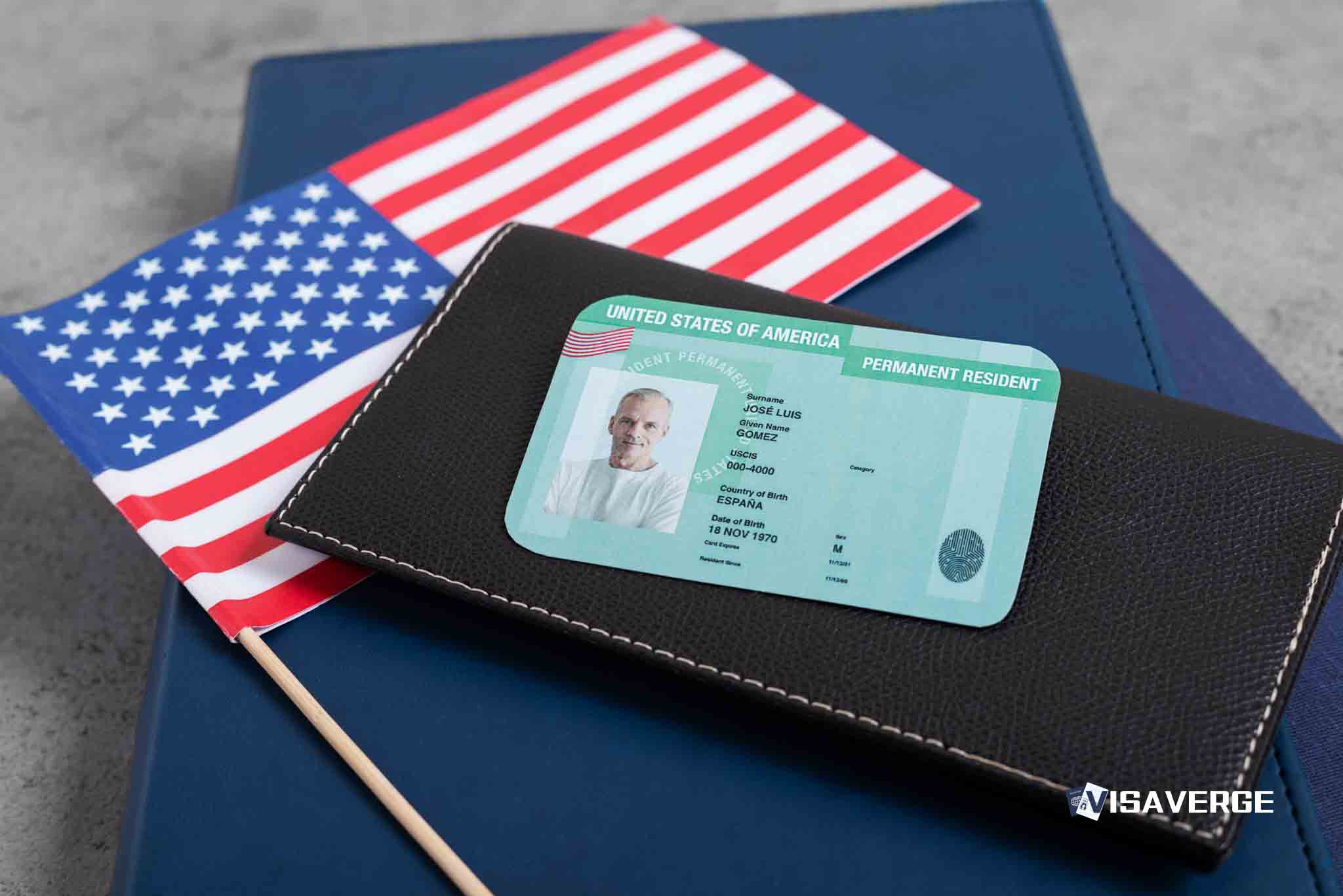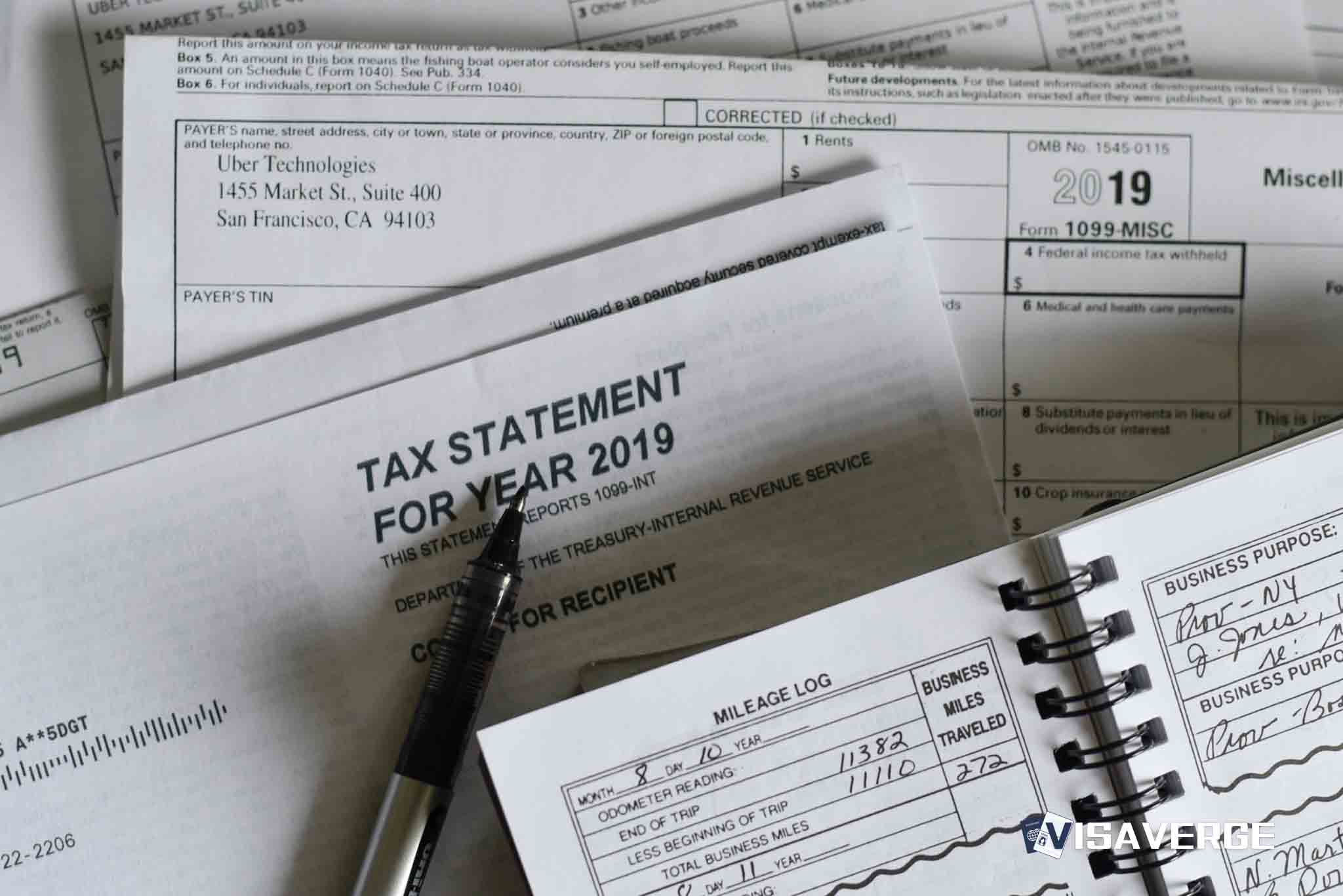Understanding PERM Applications for Unique Roles
When it comes to securing a work visa in the United States, one of the first steps for many foreign professionals is navigating the Program Electronic Review Management (PERM) process. PERM applications serve as a gateway for employers to hire foreign workers for positions they have been unable to fill domestically. But what happens when the job in question involves non-traditional qualifications that don’t fit neatly into the typical categories?
The PERM Process with a Twist
PERM applications require a detailed job description that includes the responsibilities, minimum qualifications, and other employment characteristics. While standard roles with well-defined educational and professional requirements fit easily into this framework, challenges arise with positions that demand a unique blend of skills or unconventional experience.
For roles with non-trivial qualifications, employers must still demonstrate that there are no qualified U.S. workers available to fill the position, requiring them to conduct a good-faith recruitment process.
Recruitment for Specialized Roles
Recruiting for jobs with non-traditional qualifications can be tricky. Employers must carefully craft job advertisements that accurately reflect the specific skills and experiences needed, without artificially inflating the requirements to preclude potential domestic applicants. This delicate balance must satisfy the Department of Labor (DOL) that the qualifications listed are legitimate and not designed to favor foreign candidates.

Evaluating Non-Traditional Qualifications
When assessing non-traditional qualifications, the DOL looks for a few core elements in PERM applications:
- Relevance to the Job: Qualifications must be directly related to the duties of the job.
- Business Necessity: Employers should clearly demonstrate why the non-traditional qualifications are essential for the role.
- Comparability to Industry Standards: If there is a precedent within the industry for such qualifications, employers must present evidence of this.
It’s essential for employers to justify why a particular non-standard qualification is a business necessity. This might include explanations on how the qualification allows the employee to perform job duties more effectively.
Documenting the PERM Process
Another critical aspect is meticulous documentation. The PERM application demands evidence of all recruitment efforts, evaluation of candidates, and the reasoning behind hiring decisions. This level of detail must reflect that despite novel job requirements, no qualified American workers were available for the job.
Navigating Complications
Even with proper documentation and justification, roles requiring non-traditional qualifications can lead to complications with the PERM application process. Employers might face additional scrutiny from the DOL or be required to provide supplemental information showing that the specific qualifications are common in the industry and not tailored to the foreign worker’s background.
In such cases, a professional evaluation by an expert in the field may be necessary to back up an employer’s claims about the necessity and industry standard of the non-traditional qualifications.
Key Resources
For those managing PERM applications or seeking more information, there are a number of official resources available:
- The Department of Labor’s PERM Overview Page offers detailed information on the process.
- An employer can find the Form ETA-9089 to start the PERM application.
- For legal advice, consider consulting an immigration attorney who specializes in employment-based visas.
Final Remarks
PERM applications involving immigration job requirements with non-traditional qualifications demand a thorough approach by the employer. These applications must align with the spirit of the PERM process while satisfying the legal prerequisites for the specific circumstances. The necessary due diligence ensures that the potential contributions of foreign talent are available to U.S. employers without compromising the job prospects of domestic workers. With careful preparation, the path to obtaining a work visa for individuals with unique skill sets becomes navigable, enriching the talent pool and fostering innovation.
So there you have it, folks! Navigating the PERM process for unique roles can be a wild ride. Crafting job descriptions, justifying qualifications, and documenting everything meticulously may sound like a lot of work, but it’s crucial to get that work visa! If you want to dive deeper into this fascinating topic, head over to visaverge.com for more insights and resources. Happy exploring!
FAQ’s to know:
FAQ 1: What are the challenges when it comes to PERM applications for roles with non-traditional qualifications?
Answer: PERM applications for roles with non-traditional qualifications present challenges because they don’t fit neatly into the typical job categories. Employers must demonstrate that there are no qualified U.S. workers available for the position, requiring them to conduct a good-faith recruitment process. Crafting accurate job advertisements and avoiding artificially inflated requirements to favor foreign candidates is crucial, striking a delicate balance to satisfy the Department of Labor (DOL).
FAQ 2: What factors does the Department of Labor consider when evaluating non-traditional qualifications in PERM applications?
Answer: When evaluating non-traditional qualifications in PERM applications, the Department of Labor (DOL) looks for three core elements. First, the qualifications must be directly related to the duties of the job. Second, employers should clearly demonstrate why the non-traditional qualifications are essential for the role, emphasizing business necessity. Lastly, if there is a precedent within the industry for such qualifications, employers must provide evidence of comparability to industry standards.
FAQ 3: How can employers navigate complications that arise in the PERM application process for roles with non-traditional qualifications?
Answer: Navigating complications in the PERM application process for roles with non-traditional qualifications can be challenging. Employers might face additional scrutiny from the Department of Labor (DOL) and may be required to provide supplemental information showing that the specific qualifications are common in the industry and not tailored to the foreign worker’s background. In such cases, professional evaluations by experts in the field can back up an employer’s claims about the necessity and industry standard of the non-traditional qualifications.
What did you learn? Answer below to know:
- True/False: In PERM applications, employers must justify why non-traditional qualifications are a business necessity.
- What are some core elements the Department of Labor looks for when assessing non-traditional qualifications in PERM applications?
- What are some potential complications that employers may face when dealing with PERM applications for roles requiring non-traditional qualifications?








